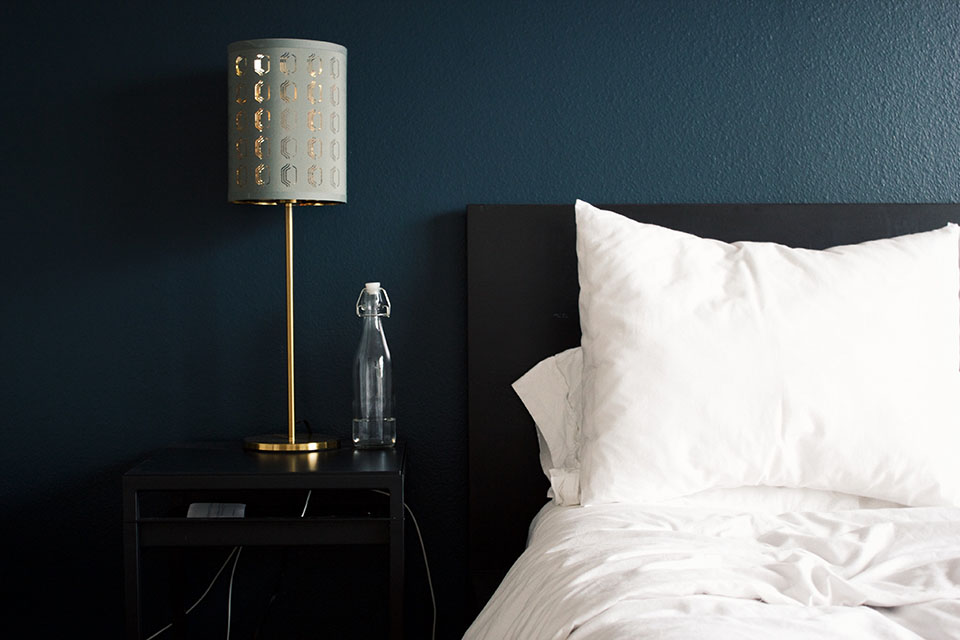Checking into and staying at a hotel has a number of customary steps and norms, though the specifics can vary based on the region and type of hotel. Here's a general overview:

1. Reservations:
- Booking in advance: Most people book their hotel rooms in advance, especially during peak travel seasons or if they're particular about where they want to stay. This can be done via the hotel's website, a travel agency, or third-party booking sites.
- Details: When booking, provide accurate details such as the number of guests (including pets), dates of stay, and any special requirements.

2. Arrival and Check-in:
- Arrive after check-in time: Most hotels have a specific check-in time, often in the mid-afternoon (e.g., 3 PM). It's best to arrive after this time to ensure your room is ready.
- Front desk: Upon arrival, go to the front desk. You'll usually need to provide a valid form of identification (like a passport or driver's license) and a method of payment (credit card or cash deposit).
- Paperwork: The front desk may ask you to fill out a form with your details and sign it.
- Key/Card: Once checked in, you'll receive a key or electronic card to access your room.
- Parking: Every hotel will have different policies regarding overnight parking. Speak with the front desk regarding fees associated with parking.

3. During Your Stay:
- Respect the property: Treat the room and facilities with care, as if they were your own. Report any damages or issues immediately.
- Housekeeping: Rooms are cleaned daily by housekeeping. You can hang a 'Do Not Disturb' sign on your door if you don't want service. Conversely, a "Please Clean" or similar sign indicates you'd like the room serviced.
- Quiet hours: Most hotels have quiet hours during the night. Respect these hours to ensure all guests have a peaceful stay.
- Hotel amenities: Many hotels offer amenities like pools, gyms, restaurants, and spas. Check their operating hours and any rules associated with them.
- Security: Always lock your door and use the safety deposit box for valuables. If you're unsure about any guests or if someone claims to be hotel staff, verify with the front desk before letting them in.

4. Check-out:
- Time: Check-out times are typically in the late morning (e.g., 11 AM). Ensure you leave the room by this time or inquire about late check-out options (which may come with a fee).
- Room inspection: Some hotels may inspect the room for damages or missing items.
- Bill settlement: Review the bill to ensure all charges are correct. You'll need to pay for any additional expenses incurred during your stay (like minibar items or room service).
- Return the key/card: When leaving, return the room key or card to the front desk.

5. Post Stay:
- Feedback: Some hotels will ask for feedback or a review. This is an opportunity to share your experience and any suggestions.
Remember, staff at most hotels aim to make your stay as comfortable as possible. Don't hesitate to ask questions or request assistance if needed.


